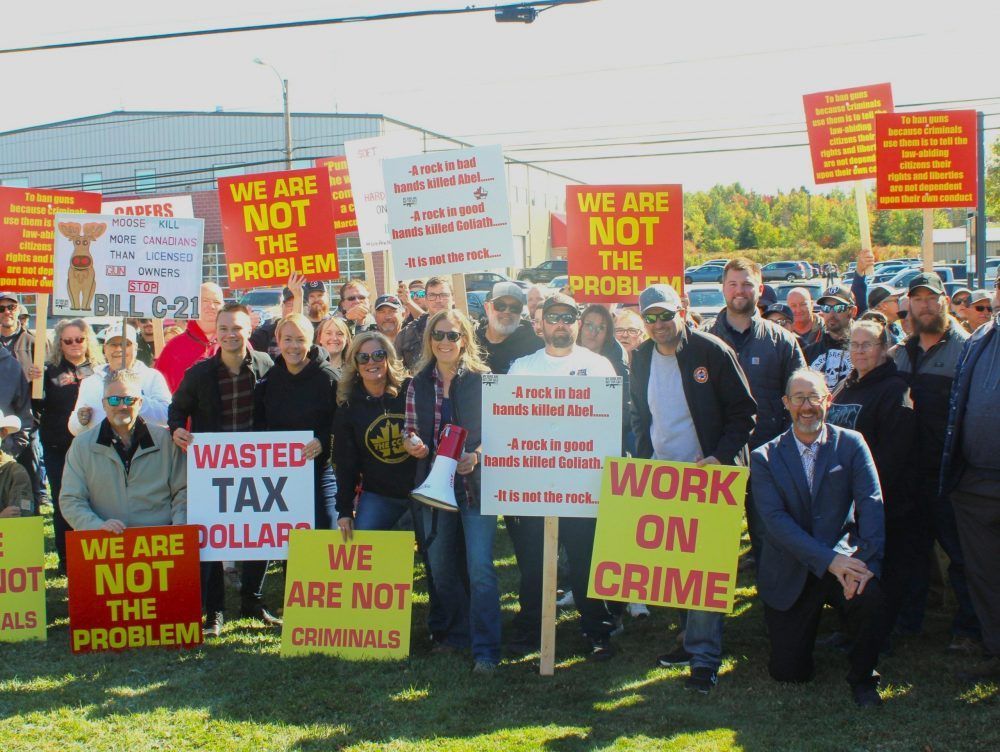
An estimated 250 rally-goers gathered in Sydney on Thursday to let the Cape Breton Regional Police Service chief and federal government officials know they’re wasting their time and money on a federal buyback program targeting prohibited firearms.
“It’s a waste of police resources and of tax dollars,” said Tracey Wilson, vice-president of public relations for the Canadian Coalition for Firearm Rights, who flew in from Ottawa to attend the rally outside the Myles F. Burke Police Headquarters on Grand Lake Road.
“Those efforts should be focused on crime, violence and gun smuggling — not on the good people of Cape Breton.”
PEACEFUL PROTEST
Organized by Sydney lawyer Anna Manley, who also ran as a Sydney-Glace Bay Conservative candidate in this past spring’s federal election, and Jeff McNeil, president of the Port Morien Wildlife Association, the rally attracted more than 250 participants outside the Myles F. Burke Police Headquarters on Grand Lake Road, some coming from British Columbia, Alberta, Ontario, mainland Nova Scotia and Newfoundland and Labrador as well as within Cape Breton.
All had one goal in mind: to peacefully protest the need for an Assault-Style Firearms Compensation Program, and what rally-goers feel is wrongly targeting law-abiding gun owners who happen to possess firearms deemed as prohibited.
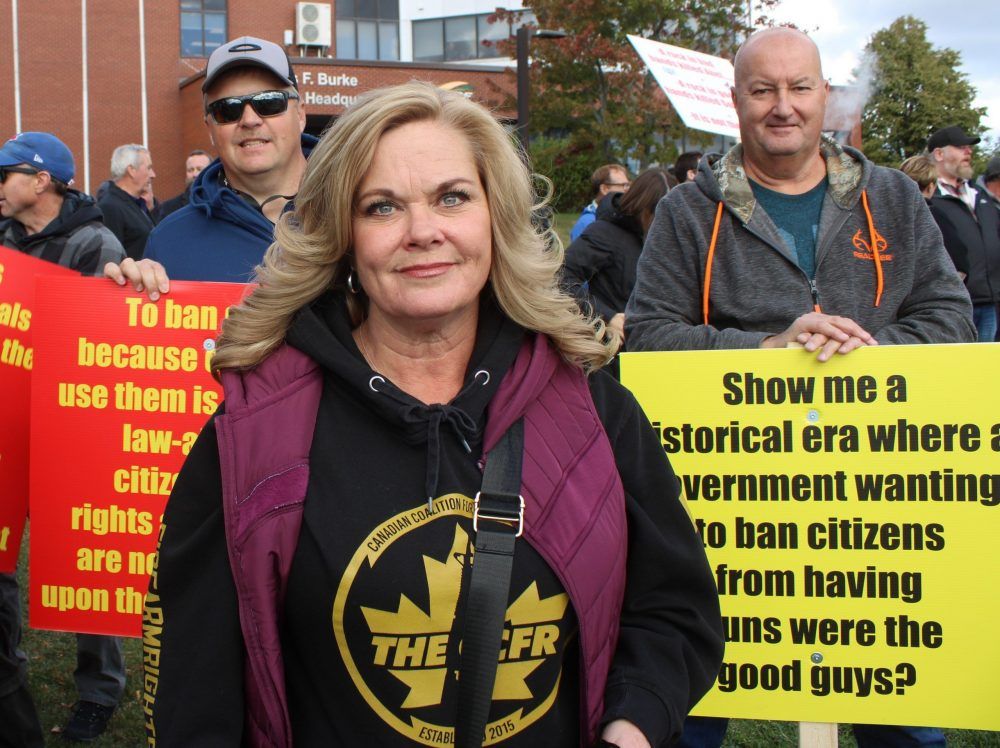
Wilson believes that the federal government is hoping to get these prohibited firearms off of gun owners as its attempt to reduce crimes committed across the country.
“Why on Earth would you target people that aren’t committing crimes?” Wilson said. “Our goal here is to tell the good people of Cape Breton that they don’t have to put up with this. They don’t have to participate in this pilot project and let the whole thing fail.”
McNeil told the Cape Breton Post in a recent interview that the Cape Breton Regional Police, which are testing the compensation process of the program in collaboration with the federal government, have been only one of a few police forces across Canada planning to operate the buyback program.
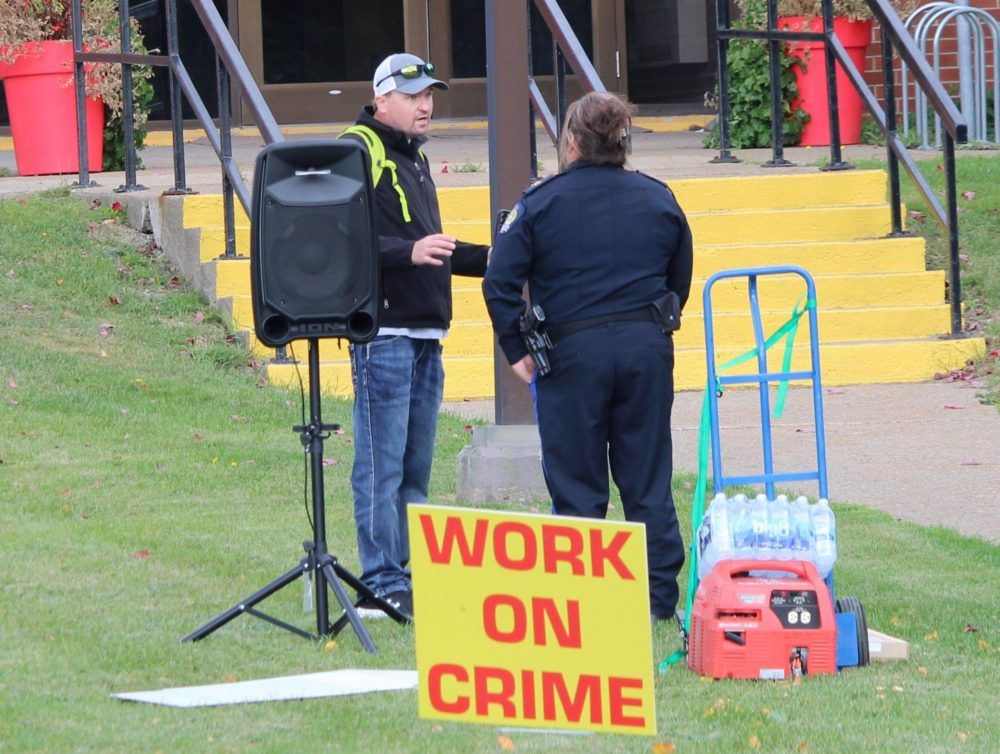
McNeil said Thursday he had hoped someone from the regional police force or police chief Robert Walsh would appear at the rally to make a statement about the program. But he was told before the rally began that wasn’t happening.
Walsh, however, did issue a statement following Thursday’s rally: “ Today’s protest was conducted peacefully and without incident. Everyone has a right to peacefully demonstrate and today’s action at our headquarters was respectful.
“Additionally, Public Safety Canada has informed us that some registrations and submissions to the program that have been received are being processed. Public Safety Canada will communicate the info in a timely fashion.”
Because of the rally, police headquarters were closed for the day.
‘MONEY COULD BE BETTER SPENT’
According to the National Post, Winnipeg and Fredericton police also agreed to take part. But many police services in Ontario, including the Ontario Provincial Police, and some forces in British Columbia and Alberta all have indicated they wouldn’t be participating.
Even in Nova Scotia, at least three other police services in the province say they have no plans to participate.
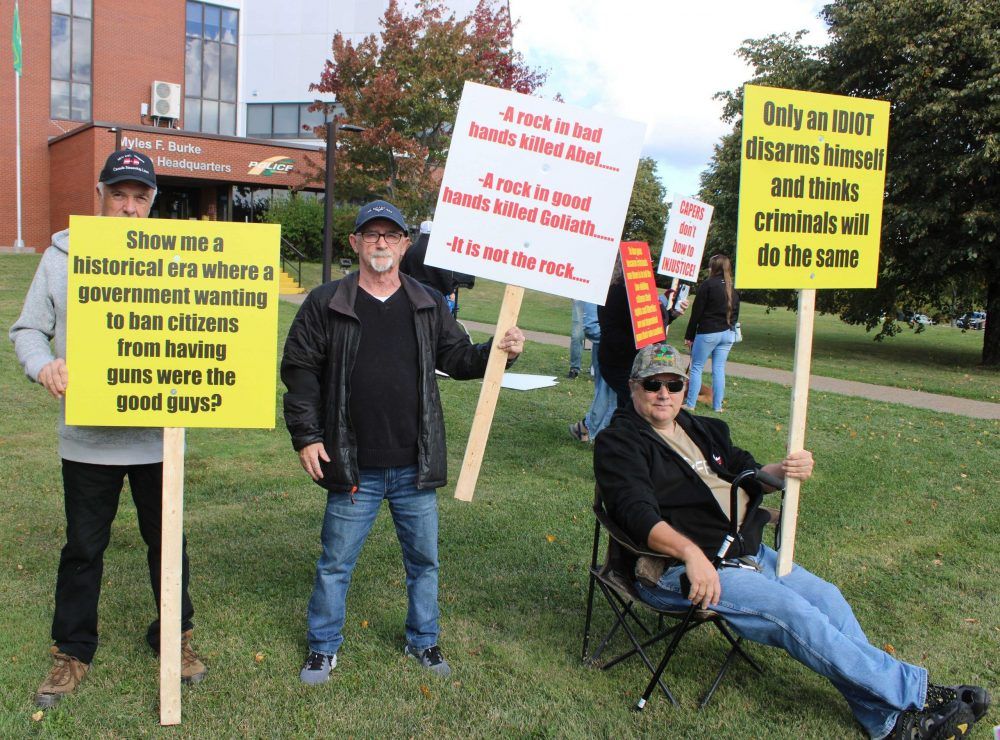
Barry Hennessey, a weapons owner from Whitney Pier, said he’s all for reducing gun violence not just in Cape Breton but elsewhere in Canada. But he strongly feels this program is not going to bring down the crime rates, as those committing the crimes obtain their weapons illegally.
“We know crime isn’t committed by law-abiding people that have permits,” he said.
“We have so much crime unsolved in this community and elsewhere in the Cape Breton Regional Municipality. I think that money could be better spent in a whole different manner, even hiring new police officers or whatever the case may be.
“It certainly should not be targeting good gun-abiding people, especially senior citizens. They are terrified because they may have to turn in guns they own, even though they never had to use them.”
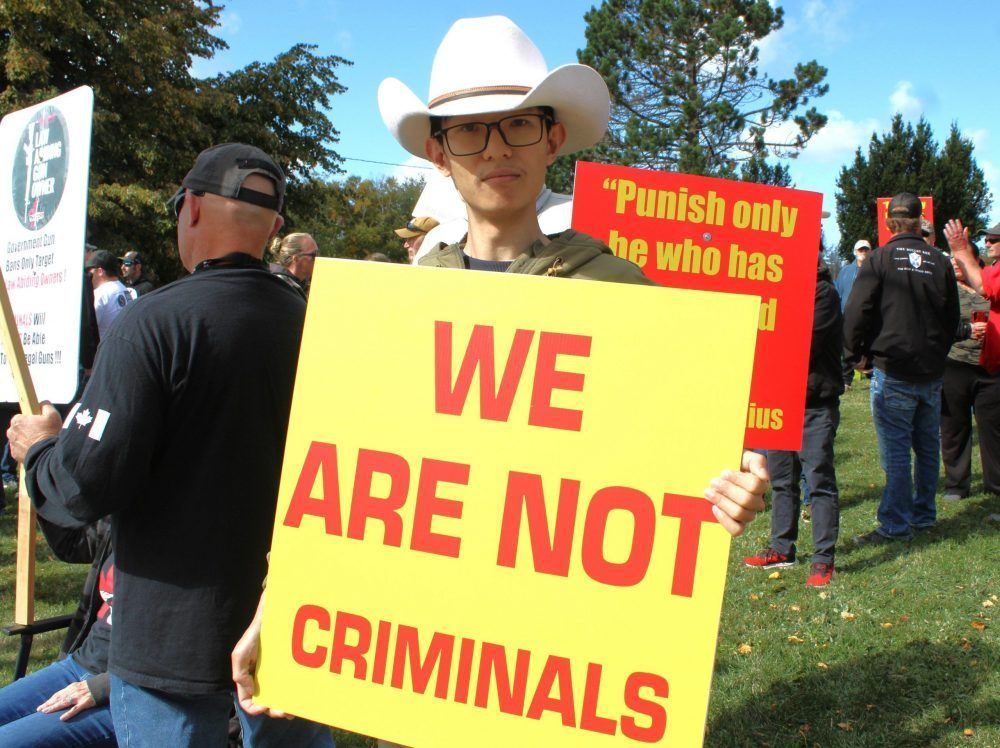
‘TOTALLY RIDICULOUS’
Simon Lee, an international student from Hong Kong who lives in Sydney, said he only uses his firearms participating in United States Practical Shooting Association (USPSA) and International Practical Shooting Federation (IPSC) shooting competitions.
“I’m a law-abiding gun owner and a match game shooter,” Lee said. “Suddenly, the gun I own has become a target. Right now, it seems the government wants to grab these from us with taxpayers’ money. This thing is totally ridiculous.”
Rally-goers also heard from such guest speakers as Conservative MPs Carol Anstey (Long Range Mountains, in western Newfoundland and Labrador) and Blaine Calkins (Ponoka-Didsbury, in south-central Alberta) and Devin Drover, Atlantic director and general counsel for the Canadian Taxpayers Federation, along with Manley, McNeil, Wilson and Mike Kelly, president of the Metro Rifle and Pistol Club in Upper Leitches Creek.
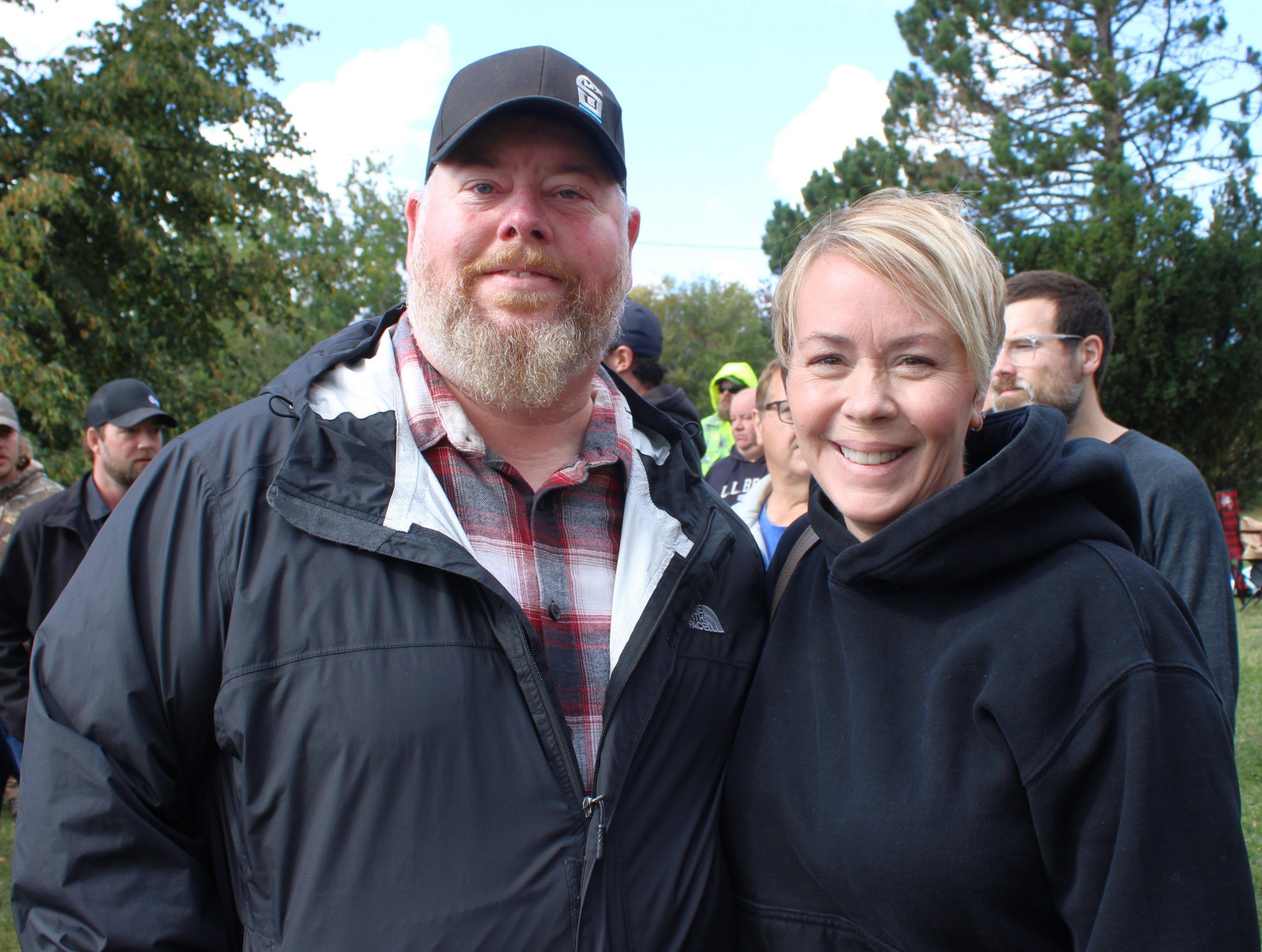
“What I hear from members over in our area is they’re crying out for bail reform,” Anstey said. “That’s the real public safety issue, not taking guns out of the hands of law-abiding citizens.”
Added Calkins, “We don’t solve the problem of crime by going after people who don’t break the law. Criminals don’t register their guns; criminals don’t go and take the firearm safety course; criminals don’t lock their guns up and have safe storage rules in their homes.
“Criminals are the people who don’t follow the law, so there’s no point in making life more miserable for the people who do follow the rules.”
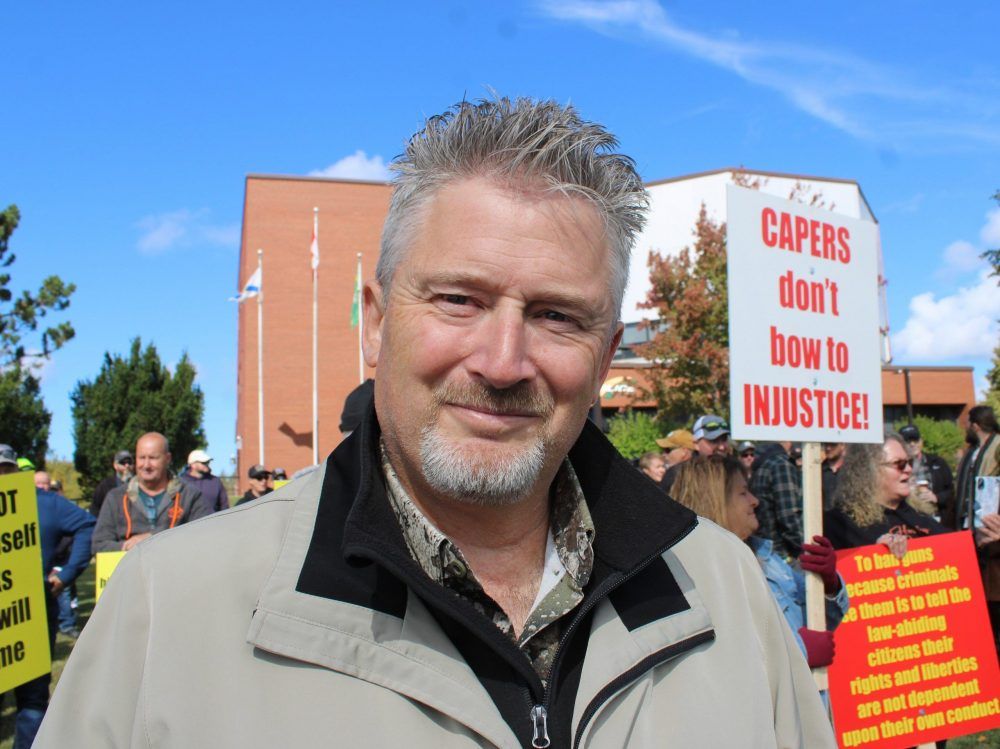
Calkins added that Alberta Premier Danielle Smith has made it abundantly clear that residents in that province “are not going to have to worry about this for the interim, because our police resources have been instructed to leave law-abiding citizens alone and focus on (solving) crimes,” he said.
‘NOT GUARANTEED’
Since May 2020, weeks after a mass shooting spree in central Nova Scotia left 22 people dead at the hands of a gunman, Ottawa has prohibited about 2,500 assault-style firearms, many containing semi-automatic action with sustained, rapid capability. These prohibited firearms, officials say, may not be bought, sold, loaned, imported or used.
Amnesty orders are in place until October 2026 to protect lawful owners from criminal liability while they take steps to come into compliance with the law, according to federal officials.
Earlier this year, Ottawa introduced a compensation process for business owners with stock of prohibited weapons, which it announced on Sept. 23 would be reopening. It reported that as of April 2025, some 12,000 firearms had been collected from businesses, to the tune of $22 million worth in compensation.
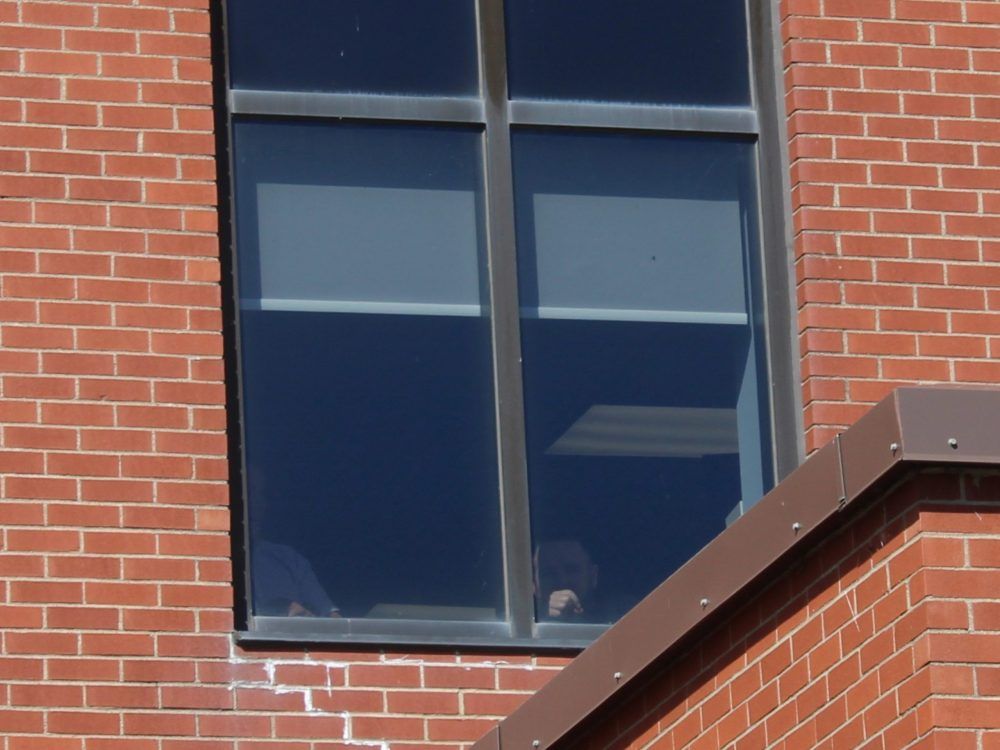
The new Assault-Style Firearms Compensation Program (ASFCP) is currently being piloted in Cape Breton in co-operation with the Cape Breton Regional Police Service. Once its six-week testing is completed and deemed satisfactory, the program will be rolled out to the rest of the country.
But gun advocates, as well as critics of the program, have warned that the compensation amounts would fall short of what it had cost to purchase and store the firearms for individual gun owners. Compensation amounts are said to range from $150 to just under $10,000.
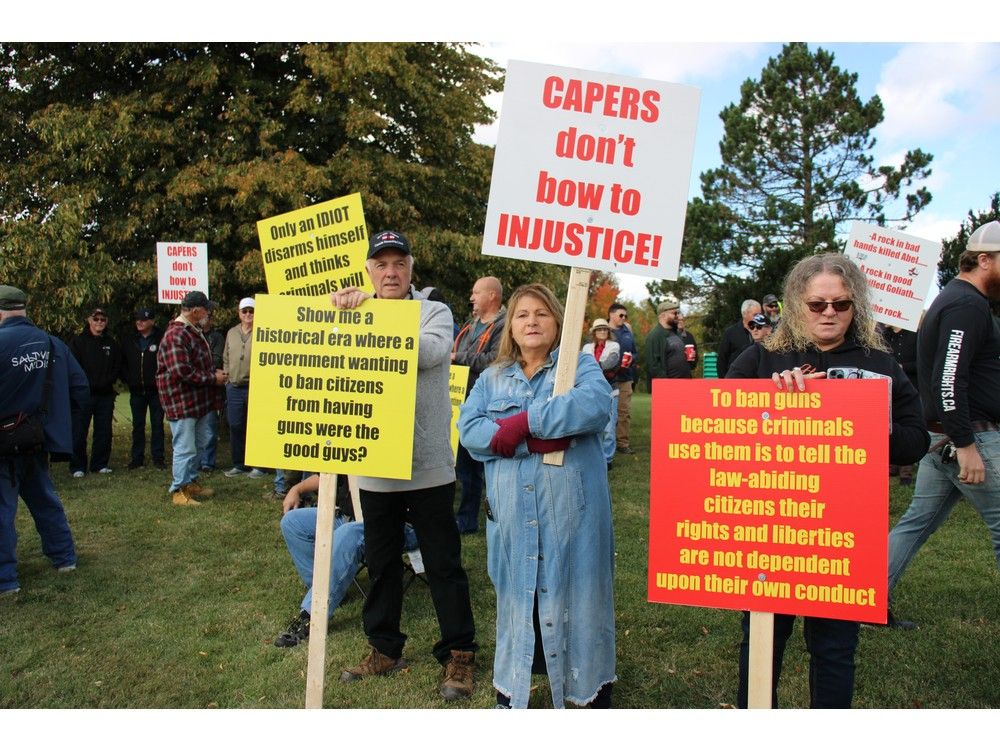
Manley and McNeil, as well as Wilson, accuse the federal government over the cost budgeted for the compensation program — which sits at around $742 million but with some experts’ predictions of ballooning into the billions — with Anandasangaree saying officials would monitor the uptick of the program.
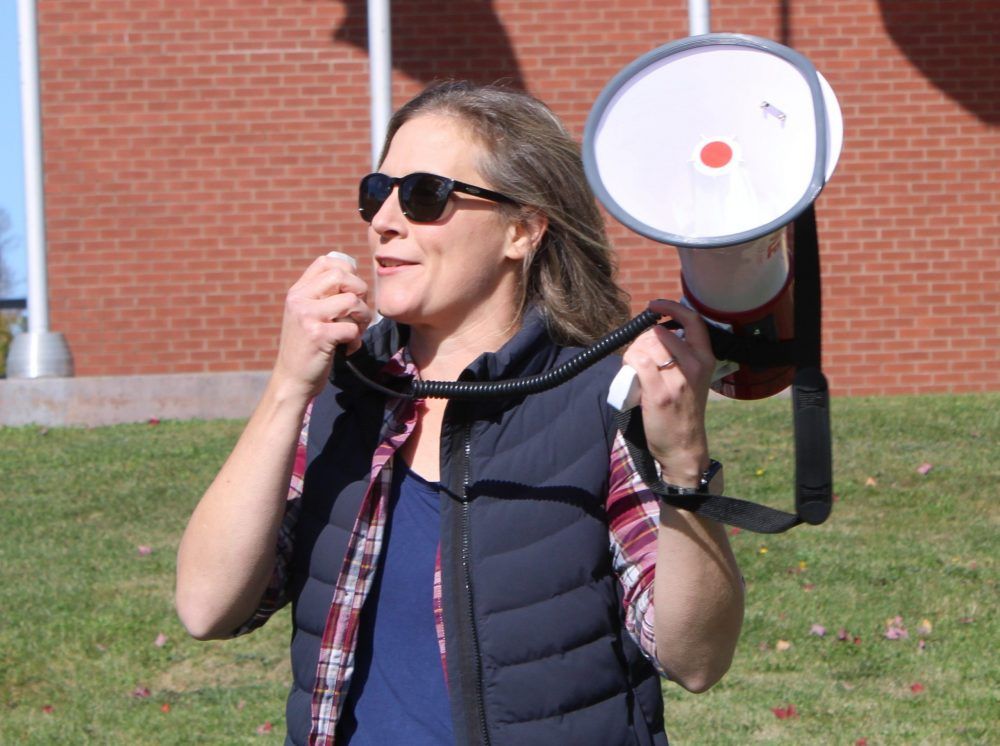
“First of all, the compensation is not guaranteed,” Manley said. “The Liberals have budgeted a capped amount for the program. A lot of that is going to go to the administration and paying our police forces to collect these guns.
“Administration costs are going to chip away at that budget, and then firearms owners are going to be left with whatever’s left. So what they’ve done is they’ve created a pot of money, and they’re saying, ‘Come and get it, boys and girls, before it’s gone.’”
‘LAW IS THE LAW’
However, that’s not how Walsh sees this program and pilot unfolding.
At a recent community meeting held in Glace Bay, days before the rally took place, the regional police chief defended the program and the pilot, saying it will be a benefit to ensure prohibited firearms are lawfully and properly disposed of — lessening the chance of falling into the wrong hands.
“It’s a voluntary program (but) the law is not voluntary,” Walsh said. “The law is the law. It says that they’re prohibited, but participation in the program is strictly voluntary, so you have options now.
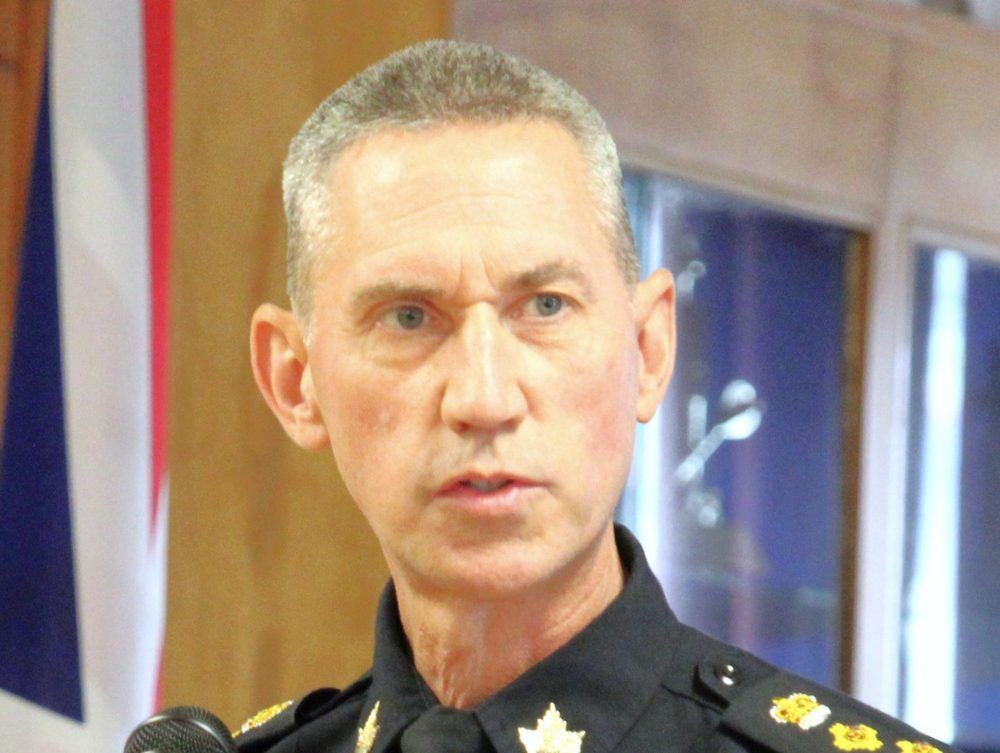
“You can either hold on to your firearm to the end of the amnesty (in October 2026), in which case you will you’ll still be illegally in possession of the firearm. You can have it rendered inoperable through an armourer or gunsmith at your own expense, or you can choose right now to participate in this compensation program.
“Again, we are only slightly ahead of what all the rest of the country is going to have to do. And I can tell you that when this rolls out nationally in eight weeks’ time, there will be hundreds of police services across the country designated as collection sites for these firearms.”
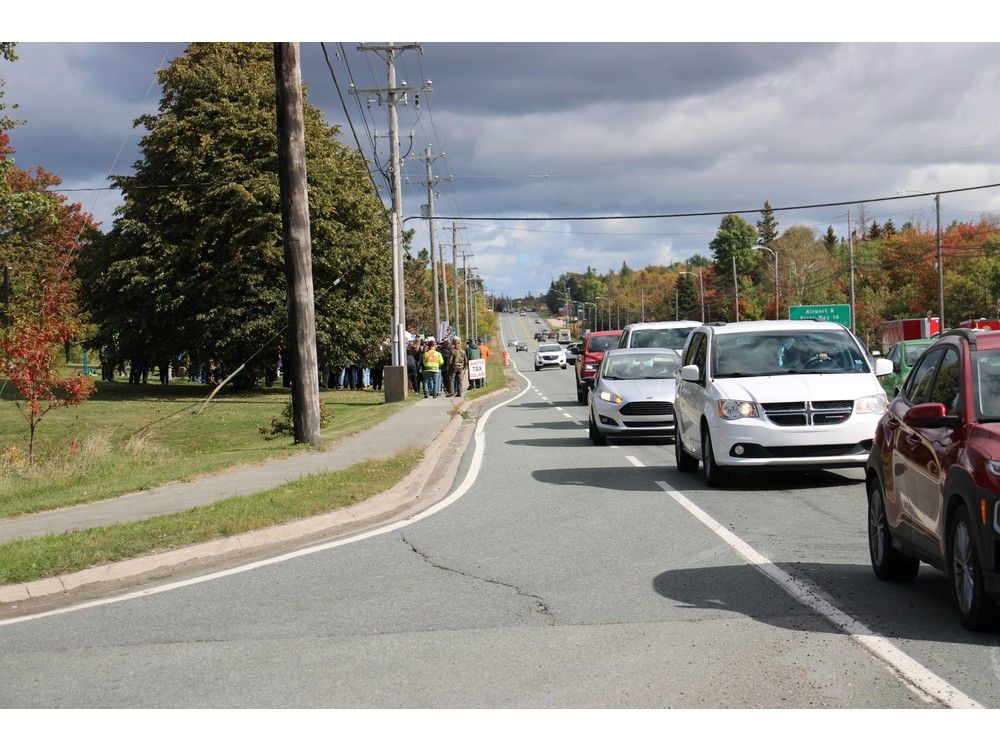
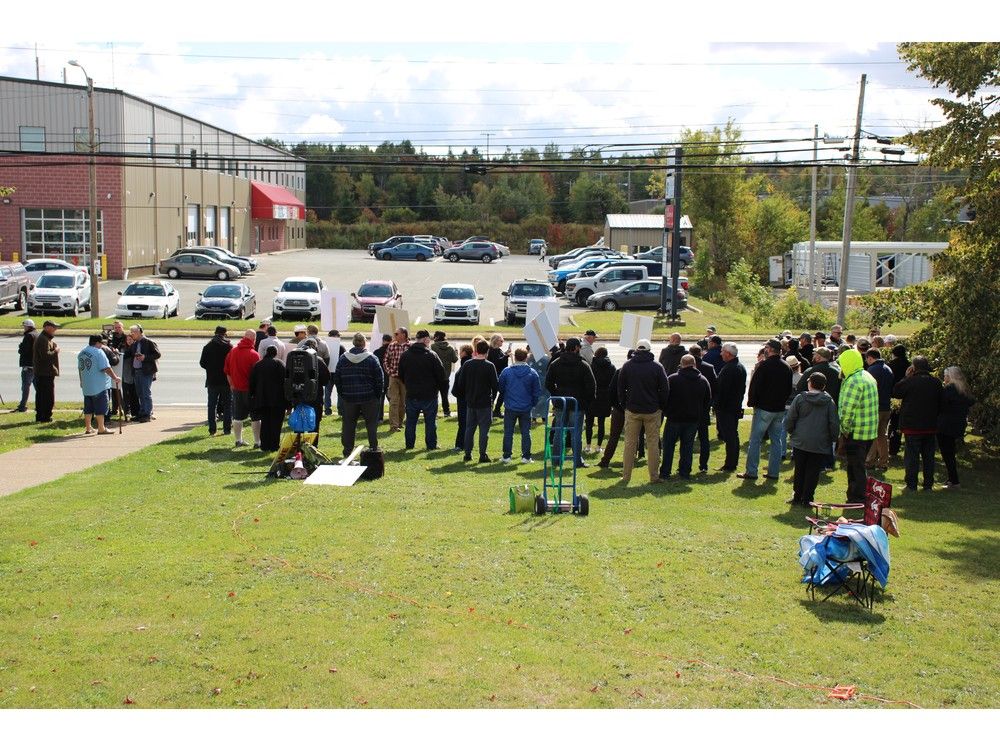
— With files from Stephanie Taylor, National Post